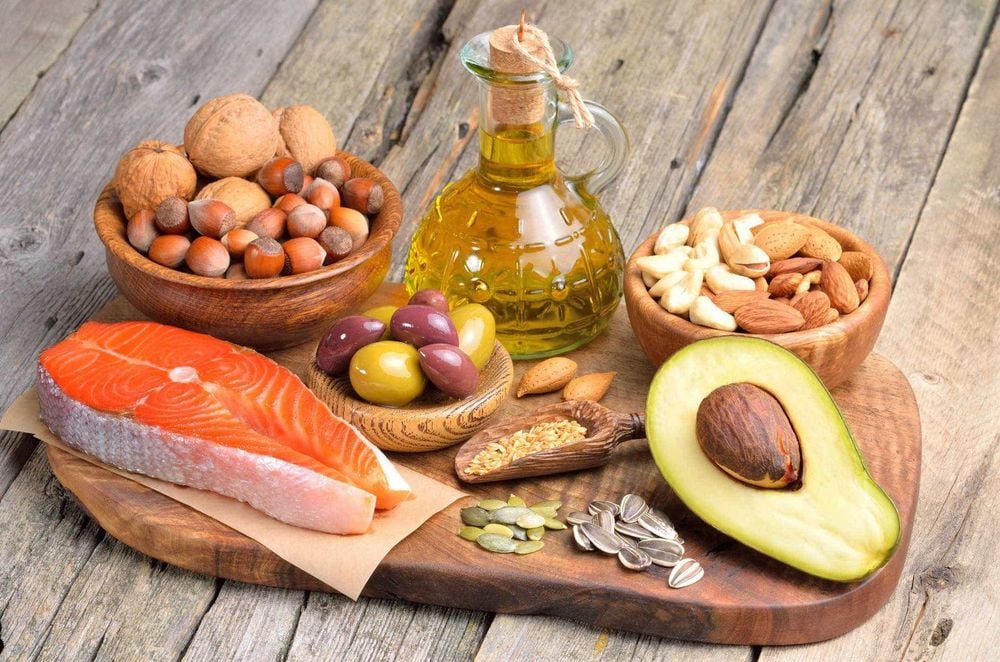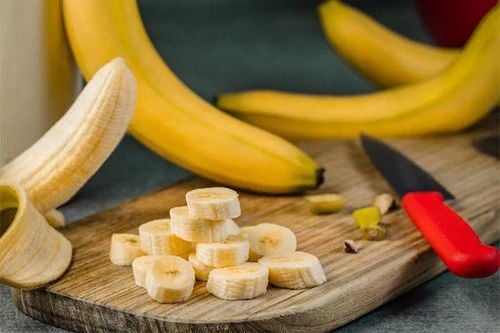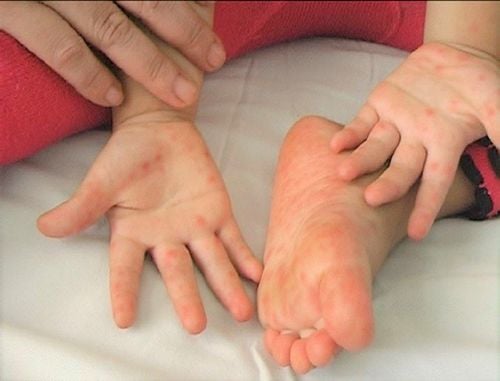Certain foods can exacerbate asthma symptoms in individuals with asthma, so avoiding foods that may trigger symptoms is very important. So, what should people with asthma avoid eating? Here are the types of foods that individuals with asthma should avoid eating.
1. What should people with asthma avoid eating? That would be artificial sweeteners.
According to the Asthma and Allergy Foundation of America, sweeteners that contain no calories are commonly used in diet sodas. These are among the many food additives that are widely used and can trigger asthma. Asthma symptoms may occur when the body is allergic to certain foods or when these foods exacerbate asthma symptoms. Therefore, individuals with asthma should avoid using artificial sweeteners.
2. People with asthma should avoid eating processed foods.
The answer to the question "What should people with asthma avoid eating?" is processed foods, as they can worsen the symptoms of asthma. Therefore, medical experts recommend that individuals with asthma limit their intake of processed foods. Instead, they should follow a balanced diet, focusing on seasonal fruits and vegetables.
According to a study published in the journal Pediatric Allergy and Immunology, individuals with a diet high in fats and processed foods are at a higher risk of developing asthma. Another study also found that eating processed meat more than four times a week can worsen asthma symptoms.

3. People with asthma should avoid foods that are high in fat
Medical experts suggest that desserts, red meat, and other high-fat foods can worsen lung function and inflammation, as well as exacerbate asthma symptoms. These fatty foods can also make it difficult to maintain a healthy weight. For patients with chronic conditions like asthma, being overweight can put extra strain on the lungs and worsen asthma symptoms.
However, it’s not necessary to eliminate all high-fat foods. Some fats found in fish, olive oil, coconut oil, avocados, and nuts are very beneficial for individuals with asthma. Studies have shown that foods containing omega-3 fatty acids, such as fish-especially salmon—can help reduce inflammation in people with asthma. Therefore, asthma patients should consider modifying their diet by replacing red meat and other high-fat foods to improve their health.
4. Avoid consuming alcohol
According to the American College of Allergy Asthma and Immunology, sulphites, commonly used as preservatives in wine and some types of beer, can worsen asthma attacks for individuals with moderate to severe symptoms. Additionally, sulphites can be found in dried fruits, pickled foods, shrimp, and spices. The addition of sulphites to food helps prolong their shelf life while maintaining their color and flavor. Therefore, nutrition experts recommend avoiding or at least limiting the consumption of these foods if you have chronic respiratory issues.

5. People with asthma should avoid using milk and dairy products
What should people with asthma avoid eating? One of the foods you may be advised to use with caution when dealing with asthma is milk. It is believed that dairy products such as milk and ice cream can worsen asthma symptoms by increasing mucus production in the lungs. According to asthma patients, dairy products they commonly consume, such as yogurt and cheese, are often the triggers for their asthma attacks. Reducing dairy products has helped them better manage their condition.
However, there is little scientific research proving that milk directly triggers asthma attacks. Therefore, according to allergy specialists, if milk does not cause asthma symptoms in a patient, it should be consumed in moderation as part of a balanced and healthy diet.
In conclusion, asthma is related to environmental allergens such as dust, paint, smoke, pollen and certain foods. Therefore, in addition to preventing exposure to potential allergens, patients should also avoid certain foods that may trigger asthma attacks. Regular exercise to strengthen the body’s immune system is also recommended.
To arrange an appointment, please call the HOTLINE or make your reservation directly HERE. You may also download the MyVinmec app to schedule appointments faster and manage your reservations more conveniently.













